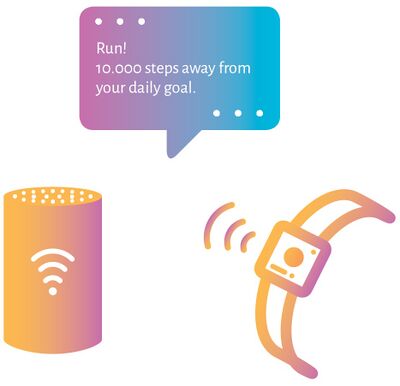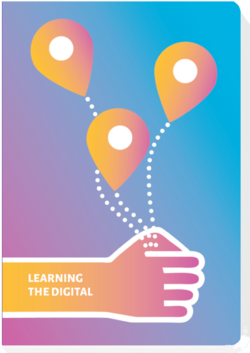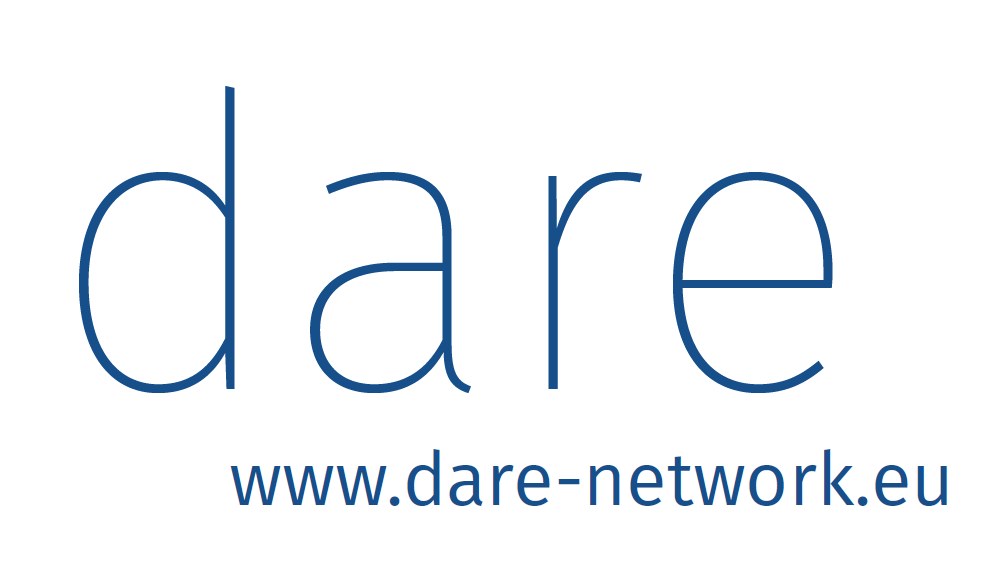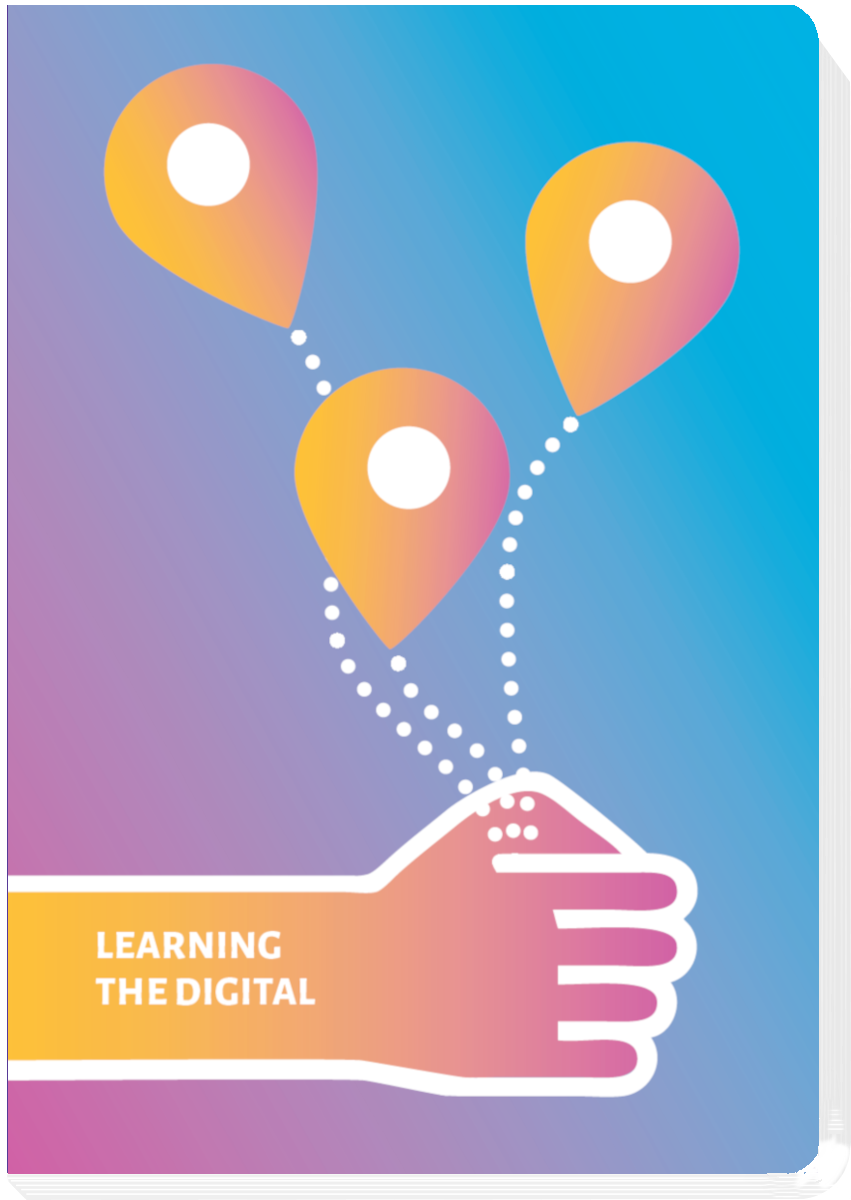Comparing ourselves and measuring our performance is a well-known phenomenon pre-dating the digital age. But today it is becoming more ubiquitously embedded in our everyday lives. We get used to smartphone and smartwatch trackers and analyse ourselves from a new third perspective, based on data While before the Internet people relied on their subjective feelings and perceptions, now the data suggests we are influenced by a more objective perspecitive – or as critics argue, a more objectifying one.
Some people enjoy this kind of tracking. Many others object to it because they don’t like the idea that the human body is a measurable resource or they fear QS addiction and a distorted self-perception.
A research team from Switzerland identified these typical users of quantified self technology. Which one(s) describes your tracking or body measurement habits?
- Anna, the sporty user: Age: 19, single, no children, student; Hobbies: running (marathon), winter sports, singing; Motive: optimize running. She wants to train optimally and prepare for her training goal. Otherwise she does not track at all.
- Tamy, the tech-savvy user: Age: 38, computer scientist, married, no children; Hobbies: gaming, geocaching; Motive: Is curious about technology, what it offers and how it can be used. He enjoys tracking. He expects to improve the achievement of his goals.
- Tamara, the diabetic user: Age: 24, single, no children, student; Hobbies: yoga, traveling, theatre group; Motive: chronic illness, she tracks because she has to.
- Gustavo, the critical non-user: Age: 40, historian, divorced, one child; Hobbies: reading, music; Motive: deliberately does not track, because he does not want his data to be accessible to others. Does not want to know too much about himself, but rather live according to his feelings.
- Claudia, the frequent tracker: Age: 35, married, one child, media worker; Hobbies: inline skating, cooking; Motive: lose weight. Measures many parameters systematically and derives knowledge from them. She wants to be aware of things based on numbers.
- Conrad, the step-counter: Age: 68, widowed, two adult children, retired, former sales manager; Hobbies: walking, yachting, yodel choir; Motive: tracks steps to move more and stay fit in the long run. Uses a pedometer to reach his daily step goal.
Since only a minority belongs to the “frequent trackers”, most people seem to have a balanced attitude toward quantified self: curiosity, body awareness, self-discipline. The study also shows that less healthy people are more sceptical about QS.
Contents
Your attitude toward the Quantified Self??
What is your opinion/response to tracking, measuring and other practices of the Quantified Self?
| + | - | ? |
|---|---|---|
|
This approach is interesting, joyful, helpful because... |
This approach is dangerous, creepy, questionable because... |
Aspects that you would need to learn more include... |
Empowerment through technology?
In the context of learning for active citizenship the question is coming to the forefront to what extent these practice empower and enable their users/our learners?
How do data and analysis of your body help you in regard to...
| +5 | +3 | 0 | -3 | -5 | |
|
Improving abilities and competences? |
|||||
|
Solving problems? |
|||||
|
Participation and acting as an autonomous and self-determined person? |
|||||
|
Gaining control and power over your data (traces) and devices? |
Nils-Eyk Zimmermann
Editor of Competendo. He writes and works on the topics: active citizenship, civil society, digital transformation, non-formal and lifelong learning, capacity building. Coordinator of European projects, in example DIGIT-AL Digital Transformation in Adult Learning for Active Citizenship, DARE network.
Blogs here: Blog: Civil Resilience.
Email: nils.zimmermann@dare-network.eu
References
- Meidert, U.; Scheermesser, M.; Prieur, Y.; Hegyi, S.; Stockinger, K.; Eyyi, G.; Evers-Wölk, M.; Jacobs, M.; Oertel, B.; Becker, H. (2018). Quantified Self – Schnittstelle zwischen Lifestyle und Medizin. TA-SWISS Band 67. https://doi.org/10.3218/3892-7
handbook for Facilitators: Learning the Digital
This text was published in: M. Oberosler (ed.), E. Rapetti (ed.), N. Zimmermann (ed.), G. Pirker, I. Carvalho, G. Briz, V. Vivona (2021/22). Learning the Digital. Competendo Handbook for Facilitators.
Created in the frame of the project DIGIT-AL - Digital Transformation Adult Learning for Active Citizenship.










